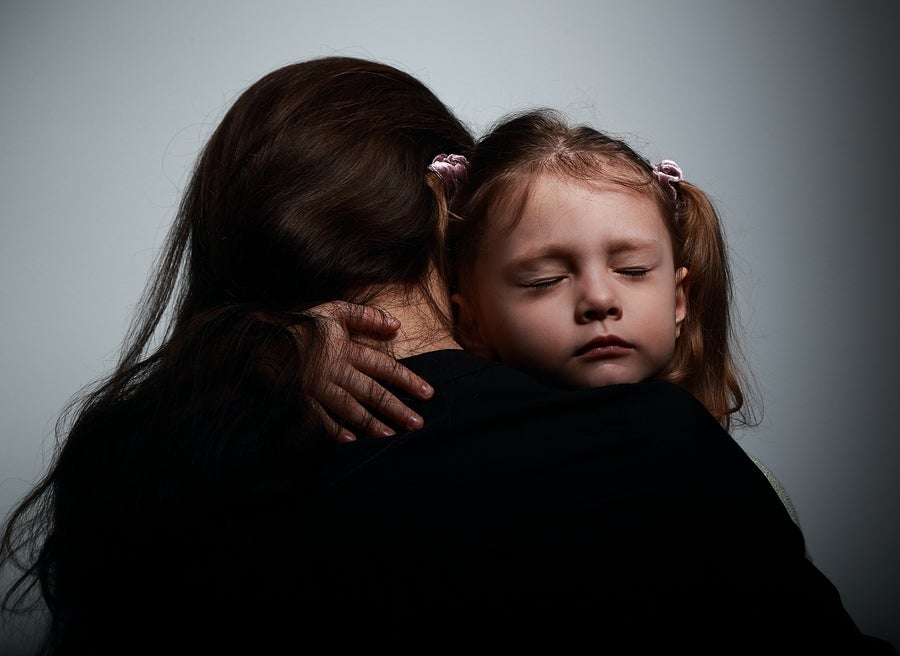There is a tremendous amount to digest here, and we are still working through the complex text, but one thing is clear – the Senate bill (like the House bill) will start moving the country backwards with respect to child and family coverage. Readers of Say Ahhh! know that the number of uninsured children is at historic lows thanks to Medicaid and CHIP. But maintaining that is not a goal of this legislation, which will surely make millions more Americans uninsured.
The Senate bill, like the House, imposes a per capita cap on the entire Medicaid program that is significantly tighter in the final year – 2025 – set at CPI-U (or regular inflation) rather than medical inflation, which always runs higher.
We will soon see how CBO scores this but ultimately this reinforces our fundamental point about why capping the program is so dangerous: Medicaid becomes a dial that Congress can turn whenever they need money for tax cuts, infrastructure or whatever else. The dial has already been lowered by the Senate, and the bill has not even been passed yet.
As an aside, can you imagine Congress contemplating a per-person limit for Medicare beneficiaries while they are in the neighborhood of repealing the ACA? And having a week to digest the details before voting?
The Senate bill excludes from the cap children who are disabled (though this isn’t clearly defined), a move which as we have also blogged about doesn’t offer any meaningful protection when huge federal cuts are imposed, and states are only left with bad choices.
If a cap on the program is bad for disabled children, then why isn’t it risky for all children who get their health care through Medicaid? Which, by the way, is 37 million children. As parents know well, children can get sick at any time – developing a chronic condition or having an acute illness. Children with greater needs are not tagged at birth.
The Senate bill doesn’t do a clean extension of CHIP, or even extend CHIP at all, which is what we believe should have happened months ago as I blogged about. That would be helpful to children. Instead in an obvious political ploy, the Senate bill uses the CHIP program as a mechanism to run dollars through for its new “State Stability and Innovation Program” which has nothing to do with CHIP and will add huge administrative burdens and diffuse focus.
The Senate’s block grant option, which gives huge latitude to states to cut benefits and raise costs, applies only to parents in this version – children are out. But as we all know, children live in families, and when a parent’s coverage is threatened, the whole family suffers.
Which of course brings us to the Medicaid expansion phase down – slower in the Senate bill than in the House bill with a three-year phased roll down of the matching funds between 2020 and 2023. Since we don’t expect the overall Medicaid cuts to be lower than in the House bill (they may possibly be higher), it seems this is a cruel rearranging of the deck chairs for short term political cover, but longer term devastation of the Medicaid program that families rely on.


